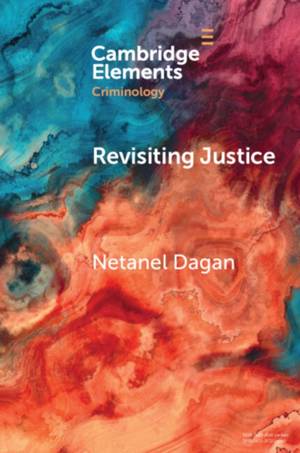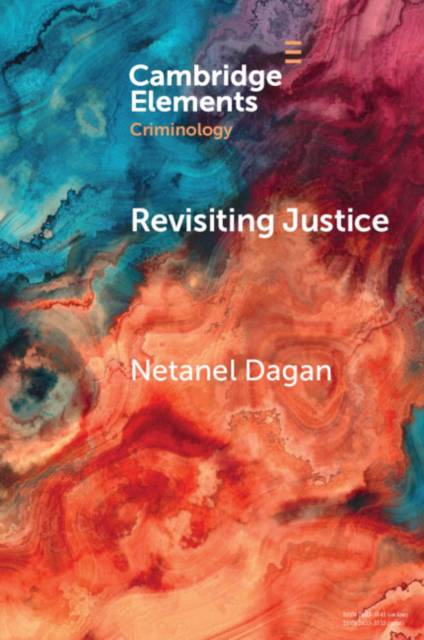
- Afhalen na 1 uur in een winkel met voorraad
- Gratis thuislevering in België vanaf € 30
- Ruim aanbod met 7 miljoen producten
- Afhalen na 1 uur in een winkel met voorraad
- Gratis thuislevering in België vanaf € 30
- Ruim aanbod met 7 miljoen producten
Zoeken
Omschrijving
Expanding the boundaries of the 'moral turn' in criminology to the realm of punishment administration, this Element proposes reconceptualizing parole through a moral lens. Drawing from a mixed-method study of parole hearings for homicide cases in Israel, the author argues that during parole hearings, parole actors (Attorney General representatives, secondary victims, parole applicants, and parole board members) conduct complex forms of moral labor, specifically retributive-oriented. This moral labor goes beyond rehabilitation and risk assessment to 'do late justice.' In doing such moral labor, parole actors negotiate the moral meaning of crime, character, and deserved punishment with the passage of time. In conclusion, as demonstrated by the current study, Criminologists should engage to a greater extent with the moral meaning of punishment administration, and retributive theorists should aim to better understand the lived experiences of punishment.
Specificaties
Betrokkenen
- Auteur(s):
- Uitgeverij:
Inhoud
- Aantal bladzijden:
- 75
- Taal:
- Engels
- Reeks:
Eigenschappen
- Productcode (EAN):
- 9781009587723
- Verschijningsdatum:
- 11/12/2025
- Uitvoering:
- Paperback
- Formaat:
- Trade paperback (VS)
- Afmetingen:
- 152 mm x 229 mm
- Gewicht:
- 149 g

Alleen bij Standaard Boekhandel
+ 66 punten op je klantenkaart van Standaard Boekhandel
Beoordelingen
We publiceren alleen reviews die voldoen aan de voorwaarden voor reviews. Bekijk onze voorwaarden voor reviews.







